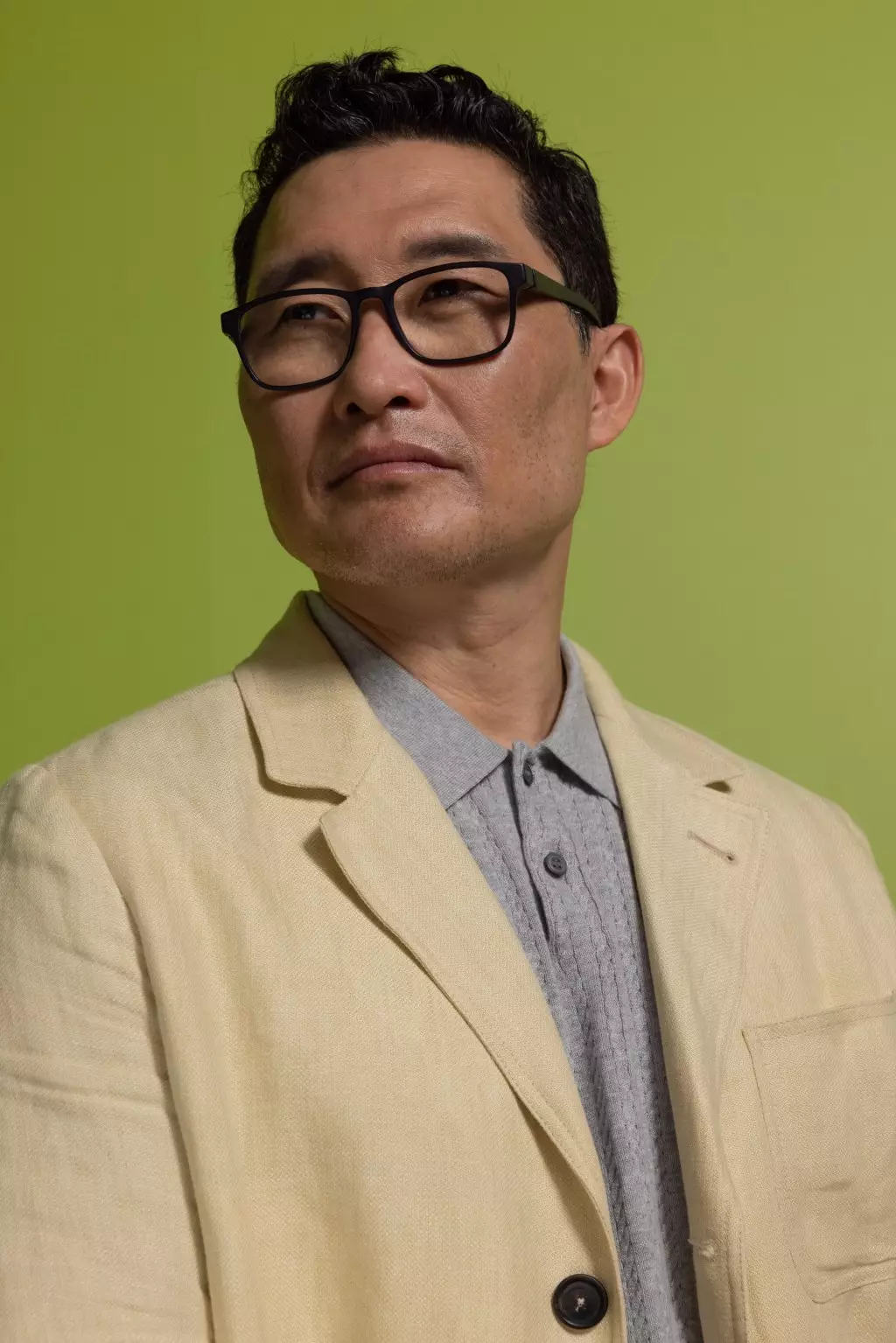Film festivals have long served as a melting pot of creativity, culture, and collaboration. Events like the Red Sea Film Festival not only showcase films but also create a platform for ecumenical dialogues between filmmakers and audiences from diverse backgrounds. Jurors, such as Daniel Dae Kim, bring their rich experiences to the table, offering invaluable insights into the evolving narrative landscape in cinema. Kim’s current experience in Jeddah underscores the importance of recognizing and amplifying talent across different regions, an endeavor that highlights the film industry’s growing global interconnectedness.
Kim’s arrival in Saudi Arabia marks more than just his presence at a festival; it acts as an opportunity for cultural exchange. Living in America while working across Asia has gifted him an expansive view of global filmmaking. Nevertheless, he emphasizes the fresh encounter with talent in the Middle East, spotlighting how this region’s creative voice is becoming increasingly influential. This recognition lays the groundwork for future collaborations that transcend geographical boundaries, inviting new narratives and innovative storytelling methodologies into mainstream cinema.
During his discussions, Kim articulates a philosophy that encompasses the idea of a “shrinking world.” With the advent of platforms like Netflix amplifying the reach of diverse content, filmmakers can more easily collaborate across borders. This merging of talents serves as an invitation for collaboration, enriching film as a medium. Kim states, “If it’s a great filmmaker, great actor, or great writer from a different country, I’m very open to it.” This openness is pivotal for cultivating a vibrant cinematic landscapes that reflect various cultures and societal issues.
Already, the film industry is moving towards a new era characterized by bespoke productions that appeal to global audiences. With productions like Kim’s upcoming spy series, “Butterfly,” which blends Korean and American talent, the future of content production is evident. It demonstrates how bridging cultural divides can lead to innovative storylines that resonate worldwide. The series symbolizes a concerted effort to create narratives that genuinely reflect the multicultural fabric of our society. As Kim navigates these waters, he is actively participating in a movement that emphasizes collaboration over isolation.
Moreover, Kim’s involvement in Netflix’s adaptation of “Avatar: The Last Airbender” introduces him to fresh audiences, thereby shifting perceptions and presenting new opportunities. As seasoned fans intertwine with those newly introduced to his work, Kim recognizes the series as a platform to engage with a younger demographic who may not be familiar with his repertoire from series like “Lost” or “Hawaii Five-0.” This kind of cross-generational engagement not only underscores the transformative nature of technology in entertainment but also highlights the need for creators to adapt and evolve with their audiences.
The thrilling discussions among jurors, presided over by renowned figures like Spike Lee, showcase the dynamic nature of film festival panels. Such synergy fosters an environment ripe for debate, creativity, and collective discovery. As Daniel Dae Kim reveals, the jurors are not merely opining on films but are partaking in a collaborative process that celebrates diverse perspectives shaping modern cinema. This mutual respect cultivates an ecosystem where filmmakers can be inspired by one another’s unique narratives and storytelling traditions.
In essence, as art continues to evolve through cross-cultural partnerships, the result is a richer, more expansive film industry. Daniel Dae Kim’s contributions, both as a juror and as a creator, highlight the essence of international collaboration. His ability to embrace different cinematic traditions while focusing on unity through storytelling signals a future where diverse voices merge to form a more comprehensive and inclusive narrative experience for audiences worldwide.
The collective journey of filmmakers like Daniel Dae Kim, who advocate for diversity and global engagement, emphasizes the transformative potential of international cooperation in the film industry. As cultural boundaries blur and collaborative projects take center stage, we can expect to witness a renaissance in storytelling that reflects the complexities and intersections of our global society. In celebrating the unique talents from various backgrounds, we collectively enrich the art of cinema, fostering an environment ripe for inspiration, dialogue, and innovation that can entice and engage audiences far and wide.

Leave a Reply